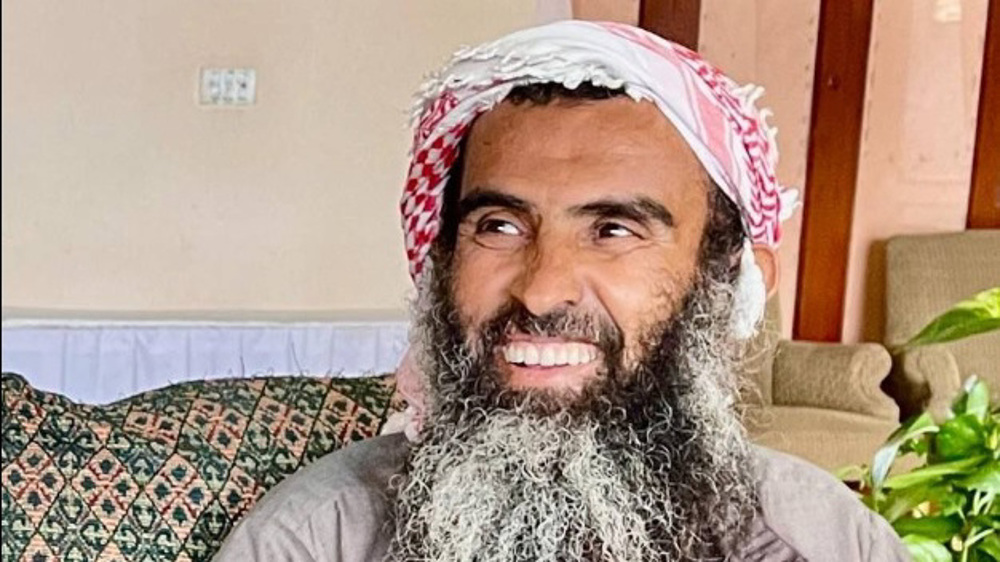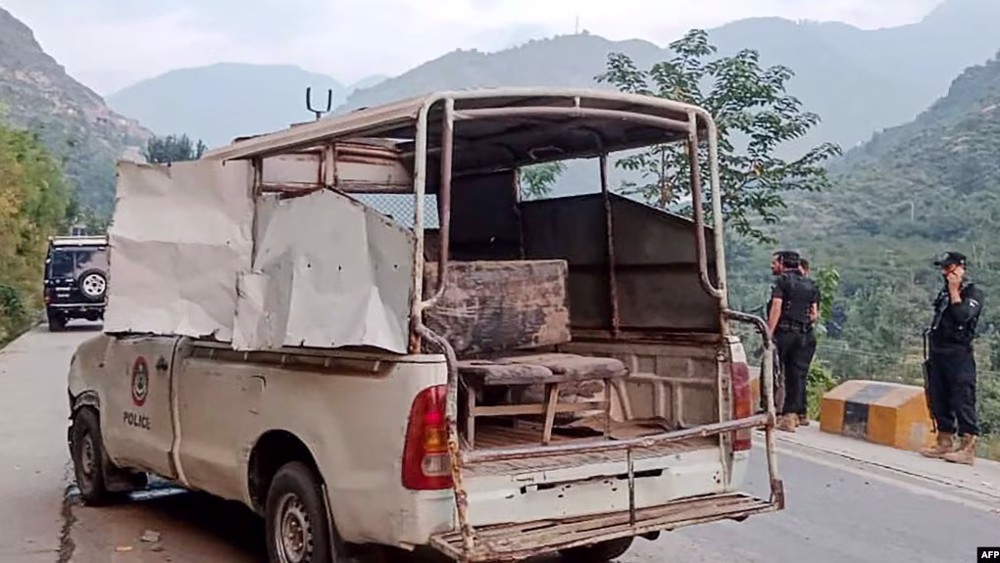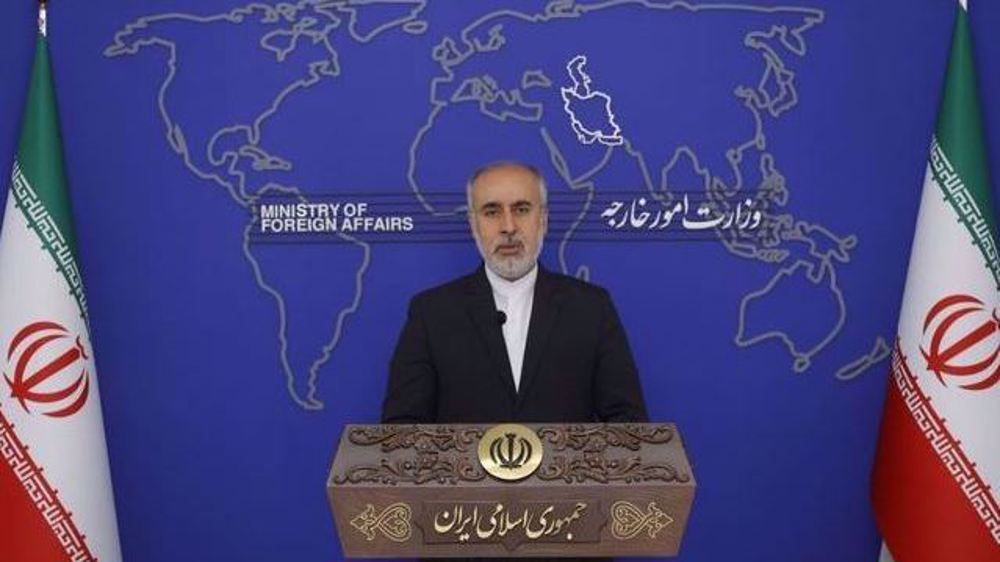Mob killing of student by extremist groups sparks outrage across Pakistan
Viral footage showing the lynching of a 23-year-old university student by sympathizers of Wahhabism and Takfiri groups in northwestern Pakistan has sparked widespread public outrage.
The brutality of the attack, recorded on a mobile phone camera, shocked the public and led to widespread condemnation and protests in several cities over the past few days.
Journalism student Mashal Khan, who had been accused of blasphemy, was beaten and shot to death at a university in the northwestern city of Mardan on Thursday.
Footage shows that a large mob attacked the student, stripping, beating and shooting him before throwing from the second floor of his hostel at the Abdul Wali Khan University in the northwestern town of Mardan.
The extremists then wanted to burn the deceased body.
A new video emerged on Tuesday added fuel to fire as it showed Mashal's killers celebrating lynching and pledging to conceal shooter's identity.
Meanwhile, Salahuddin Khan Mehsud, police chief of the northwestern province of Khyber Pakhtunkhwa, has told a press briefing that investigators had so far found no evidence to support the blasphemy allegations against Khan
A second senior police officer in the region has accused extremist elements within police, prosecution service and judiciary of sympathizing with the attackers.
"There are hundreds of sympathizers in my force and if I take too much interest in the case I might be killed too," AFP quoted the officer as saying
Misuse of the blasphemy law in Pakistan
The main opposition Pakistan Tehreek-i-Insaf (PTI) chief Imran Khan, in a press conference on Tuesday, issued a strongly worded condemnation of the lynching and misuse of the blasphemy law.
"It has become clear during the investigation that Mashal never committed blasphemy. He was framed in a conspiracy and murdered," PTI chief said
"The entire country saw [what they did]. Even animals don't behave this way," he noted, adding, "We will take this as a lesson and make sure no one ever misuses the blasphemy law again to murder people again."
The developments come at a time when the Islamabad government is trying to tackle the growing militancy, political instability and extremism in the country.
Critics say Pakistan's blasphemy laws are largely misused, with hundreds of people languishing in jails under false charges. In most cases, even unproven allegations frequently stir mob violence and bloodshed.
The law has raised concerns among rights activists and some politicians who say it is often exploited by extremists or those who want to settle personal scores.
Supporters of extremist groups have murdered dozens of people over blasphemy allegations over the past few decades.
In a case of high-profile murder, a member of security forces shot Salman Taseer, the high-profile member of the Pakistan People's Party (PPP) and Punjab Governor, 28 times while guarding him in an Islamabad market in early 2011. The guard had told police that he killed Taseer because the provincial governor sought reforms to Pakistan's blasphemy law.
The same extremist groups are involved in the killing of Shia Muslims as thousands of them have been slain as a result of militancy and hate attacks over the past decade. Shias make up about one third of Pakistan's population of over 180 million.
Critics blame the Pakistani government and some elements within intelligence services of being unwilling to protect Shia Muslims and moderate Sunnis across the violence-wracked country.
International organizations and rights groups have urged the Pakistani government to take decisive actions against the forces involved in the targeted killings and massacres.
Takfirism is largely influenced by Wahhabism, the radical ideology dominating Saudi Arabia and freely preached by Saudi clerics. The extremist ideology has made inroads into Pakistan over the past decades.
UNRWA warns of humanitarian collapse in Gaza
'Hello my enemies': Lebanese journalist on Israeli threats and his resolve to continue
Outrage in France as MP proposes bill to ban criticism of Israel
VIDEO | The strategy of Hezbollah in war
Israeli military withdraws several brigades from southern Lebanon: Report
48-year-old Palestinian man serving 48 life terms completes 22 years in Israeli jails
From MKO to Tondar, how Germany became safe haven for anti-Iran terror groups
Hamas open to any proposal aiming to end Gaza war: Hamdan









 This makes it easy to access the Press TV website
This makes it easy to access the Press TV website